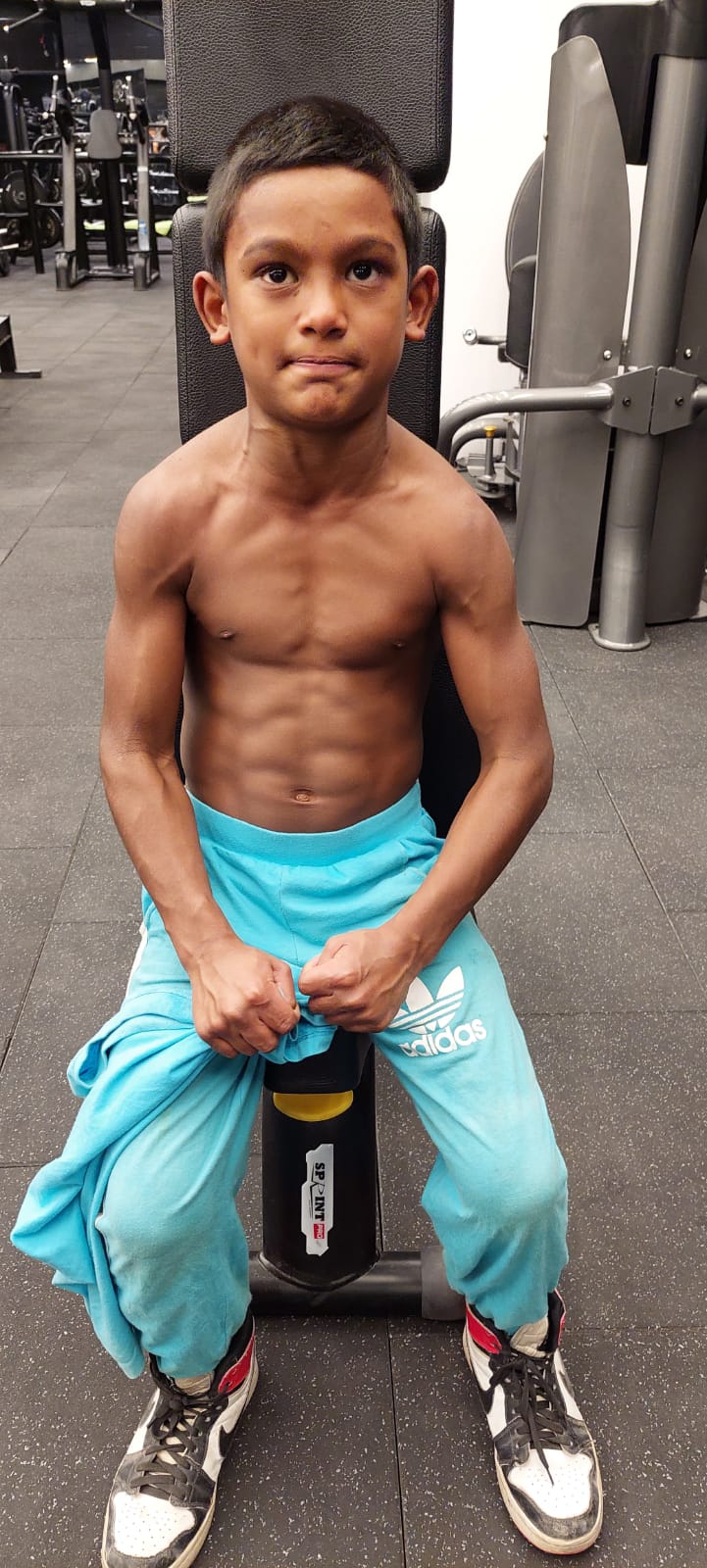Fathers play a pivotal role in shaping their children's development, not just in terms of providing for them but also in guiding them to grow into well-rounded, resilient individuals. Teaching children to become strong physically and mentally is one of the most important gifts a father can offer. This holistic approach to strength—encompassing both physical fitness and mental fortitude—helps children build a foundation of confidence, discipline, and emotional resilience that will serve them throughout their lives.
Physical Strength and Health:
Fathers are often role models for their children, and this extends to the importance of maintaining physical health. By encouraging children to be active, eat well, and engage in regular exercise, fathers can instil lifelong habits that contribute to overall well-being. Physical strength is not just about looking fit but about building endurance, agility, and confidence in one's own body. Physical activity also helps in releasing endorphins, which improve mood and mental clarity, reducing stress and anxiety. When fathers model healthy habits and involve their children in physical activities—whether it’s playing sports, hiking, or simply going for a run—they teach their children the importance of taking care of their bodies. This, in turn, can lead to improved self-esteem and a sense of empowerment.
Mental Strength and Emotional Resilience:
Mental strength is equally crucial for a child’s development. Fathers can help children build mental resilience by teaching them how to face challenges head-on, persevere through adversity, and manage stress. This is especially important in today’s fast-paced and often unpredictable world, where children are faced with academic pressures, social challenges, and emotional difficulties. By fostering open communication, fathers can create a safe space for children to express their fears, doubts, and frustrations, offering guidance and wisdom on how to handle difficult emotions.
Mentally strong children are those who understand that failure is a part of the journey, not the end of the road. Fathers who teach their children to embrace setbacks as opportunities for growth instil a growth mindset that empowers children to keep trying, even when things don’t go as planned. Whether it’s in academics, sports, or relationships, this ability to persist builds resilience and determination.
Modelling Strength Together:
A father’s role is not only to teach but also to model strength in action. By demonstrating how to stay physically fit through consistent exercise, and how to stay mentally resilient through challenges, fathers provide a living example for their children to follow. Moreover, the bond formed between fathers and children during activities that strengthen both the body and mind—whether it’s playing a game of catch, going on a challenging hike, or talking through difficult situations—creates a deeper, more trusting relationship. This trust helps children feel secure in themselves and encourages them to face life’s challenges with confidence.
Long-Term Impact:
The benefits of fathers teaching their children to be both physically and mentally strong extend far beyond childhood. Children who grow up with a strong sense of self-worth, emotional resilience, and physical health are more likely to thrive in adulthood. They are better equipped to handle stress, build healthy relationships, and pursue their goals with confidence and determination. These values also positively impact their careers, friendships, and ability to be compassionate and responsible members of society.
In conclusion, fathers who invest in their children's physical and mental strength are providing them with the tools they need to lead successful, fulfilling lives. This dual focus on developing both body and mind prepares children to navigate life’s challenges with confidence and resilience, laying the groundwork for their future happiness and success. Fathers have a unique opportunity to model the importance of strength in all its forms, nurturing the next generation to be healthy, balanced, and empowered individuals.

